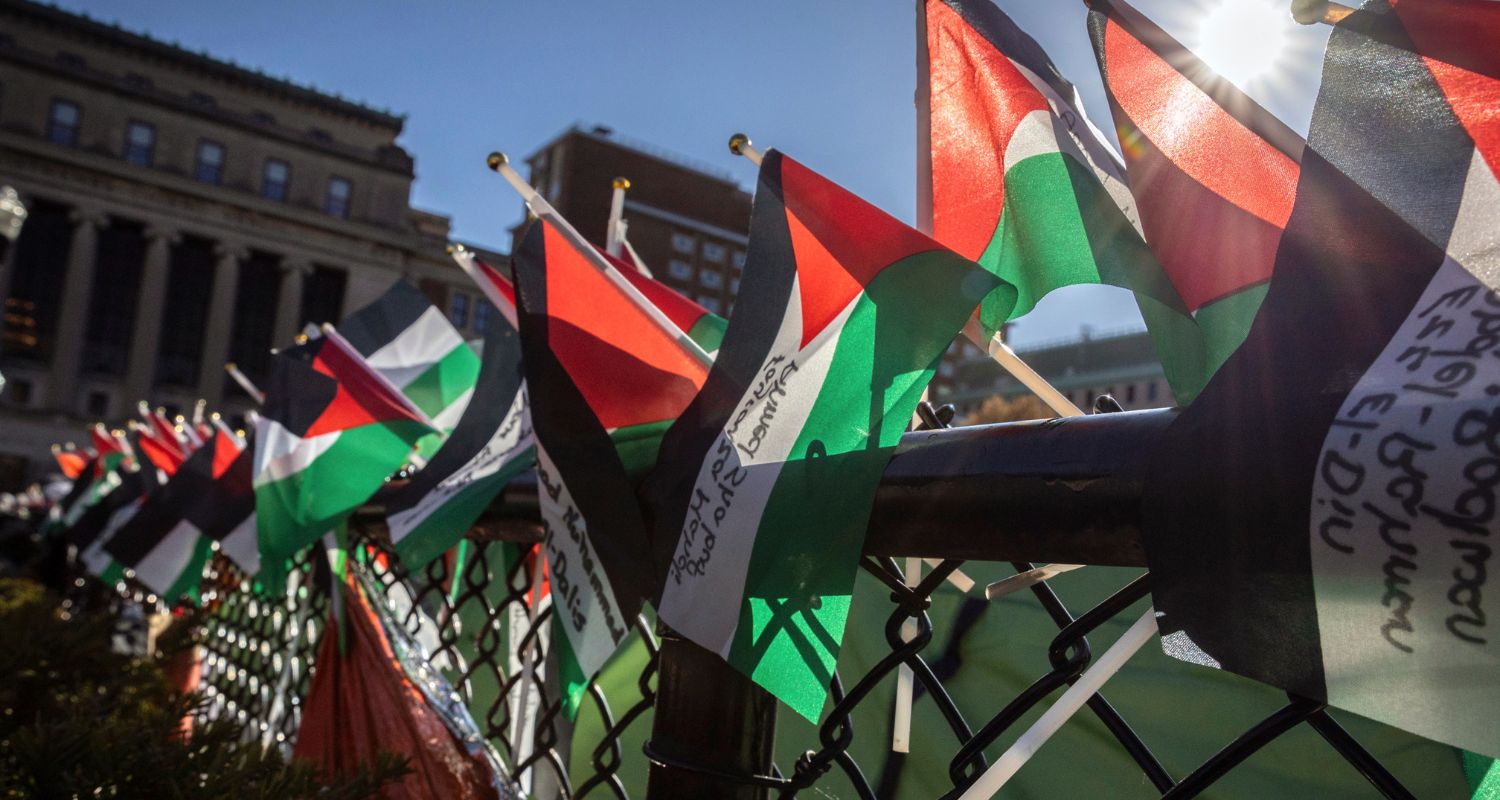In a recent report by Open the Books, Ivy League institutions including Harvard University and Brown University have come under scrutiny for receiving substantial contributions from foundations and donors based in the “State of Palestine.”
These donations, totaling $10 million from 2017 to 2023, were intended to support the education of Palestinian students at American universities.
Notably, Brown University received a $643,000 donation in February 2020 from a foundation within the “State of Palestine” to establish a professorship in Palestinian Studies. Although the donor’s identity was not disclosed, federal filings suggest the contribution originated from the Munib and Angela Masri Foundation in the West Bank.
Harvard University also received significant funding amounting to $1.6 million from donors in the “State of Palestine.” Additionally, Indiana University of Pennsylvania received $6.4 million from entities within the same area, along with an additional $900,000 from a donor in the “Palestinian Territory, Occupied.”
These funds were primarily allocated to support Palestinian students from the occupied territories pursuing higher education in the United States, covering tuition, fees, and related expenses, according to financial disclosure documents.
In addition to financial support, US universities have maintained relationships with institutions in the West Bank. For example, Brown University’s inaugural professor of Palestinian Studies, Beshara Doumani, concurrently served as the president of Birzeit University in the West Bank.
Similarly, Indiana University of Pennsylvania has collaborated with Arab American University in the West Bank since 2014, offering business Ph.D. and master’s programs as part of their partnership.
The receipt of funds from Palestinian donors has raised questions about the influence of external contributions on academic programs and partnerships. It underscores the complexities of international philanthropy and its impact on higher education institutions.

